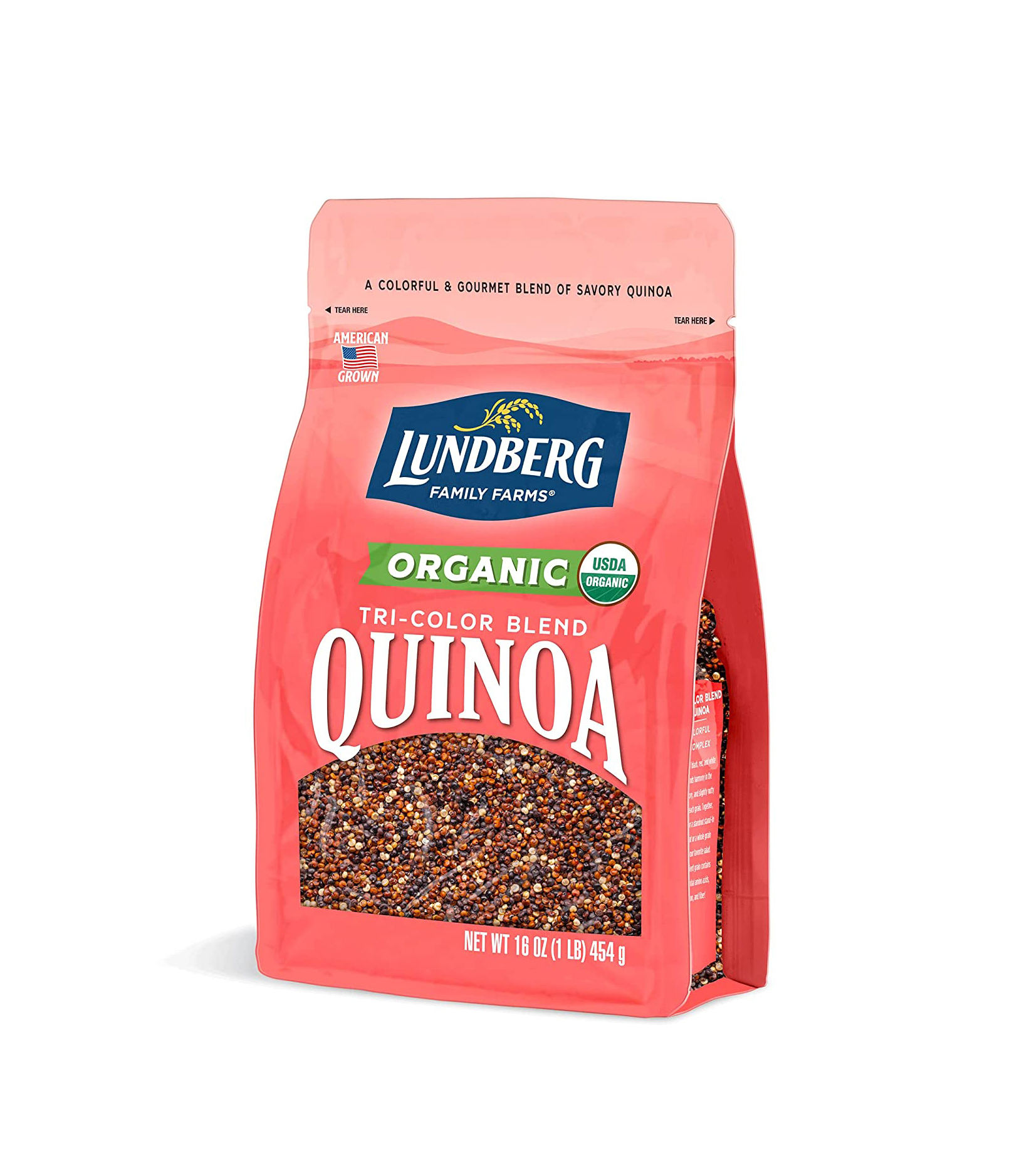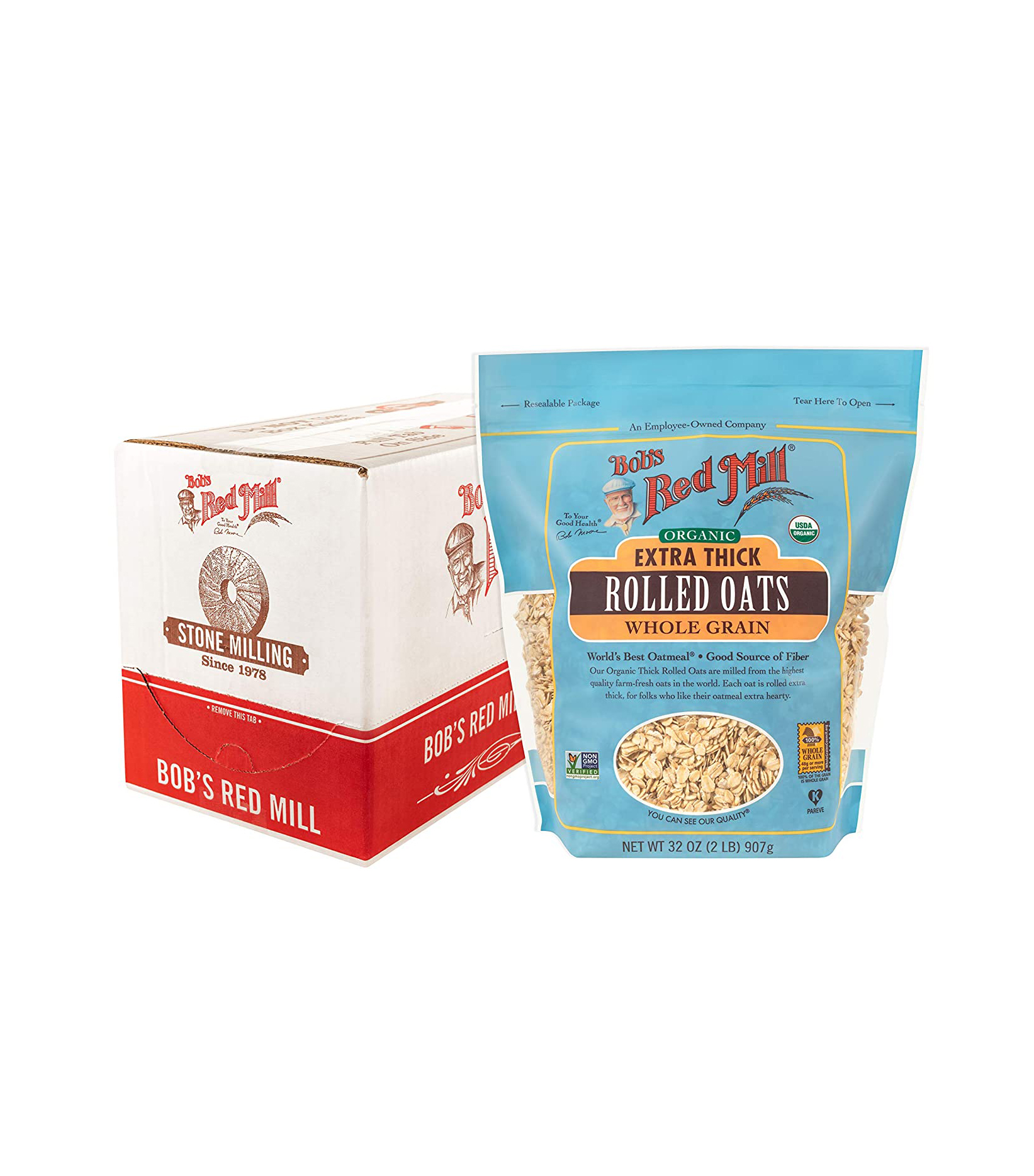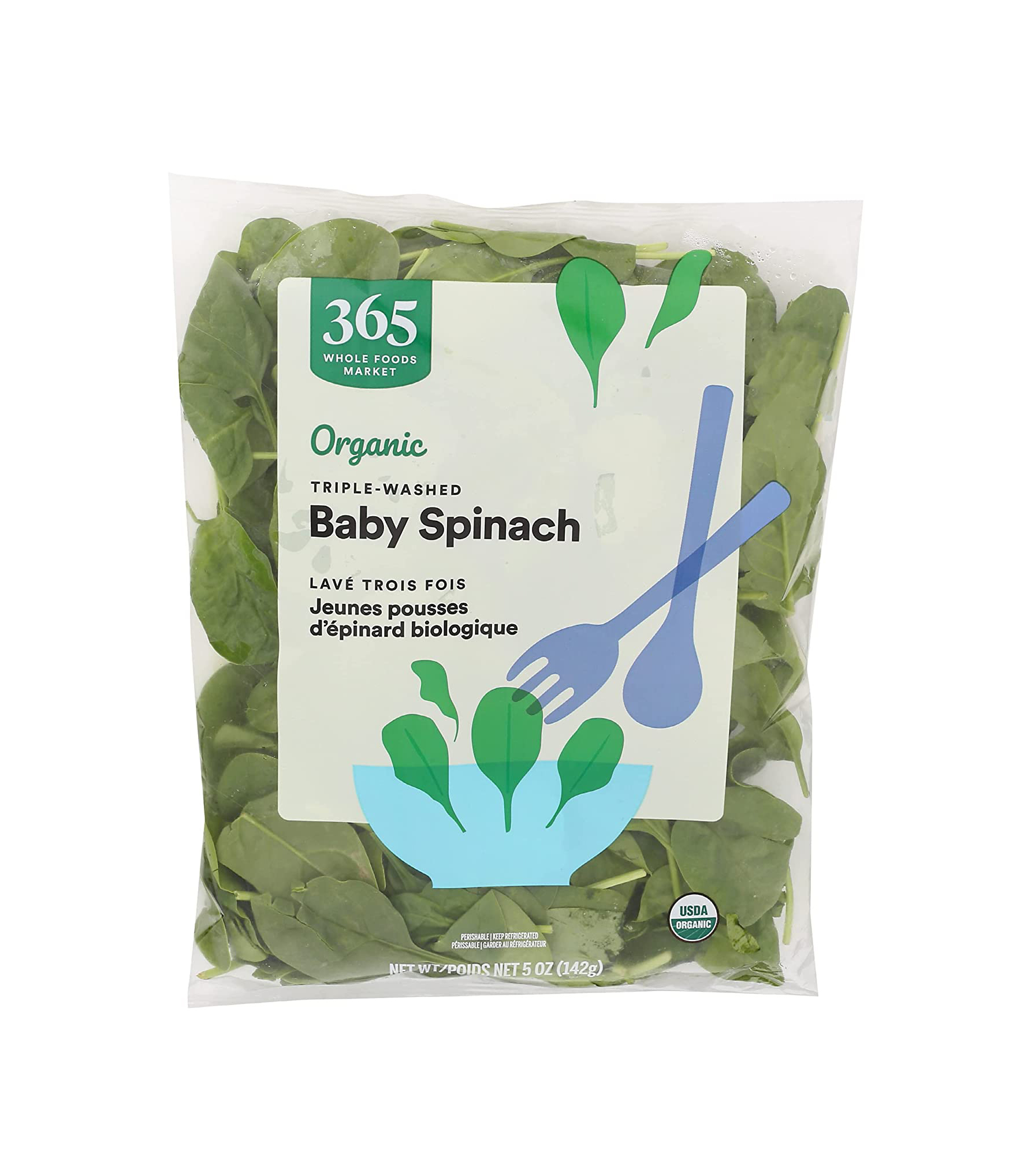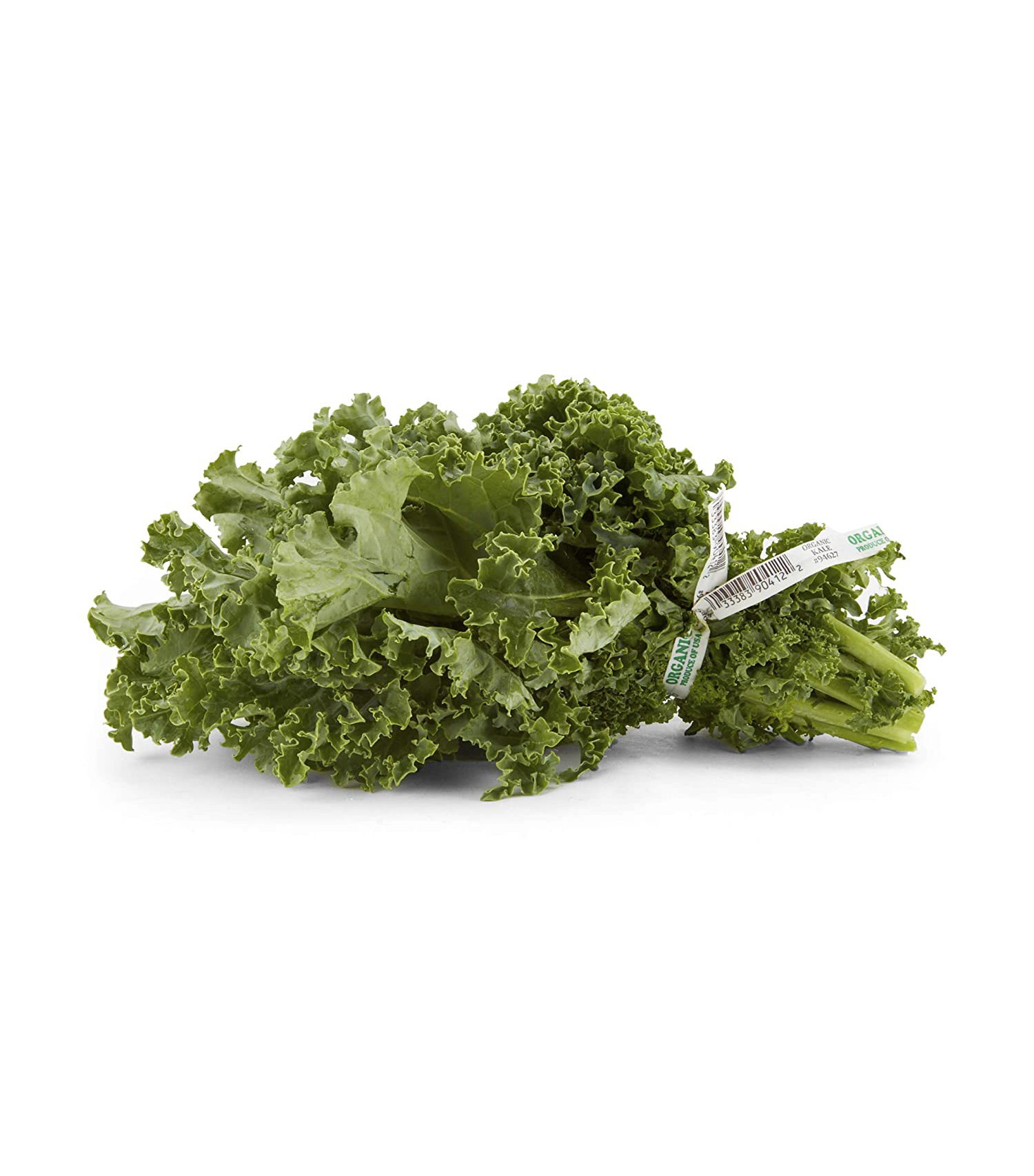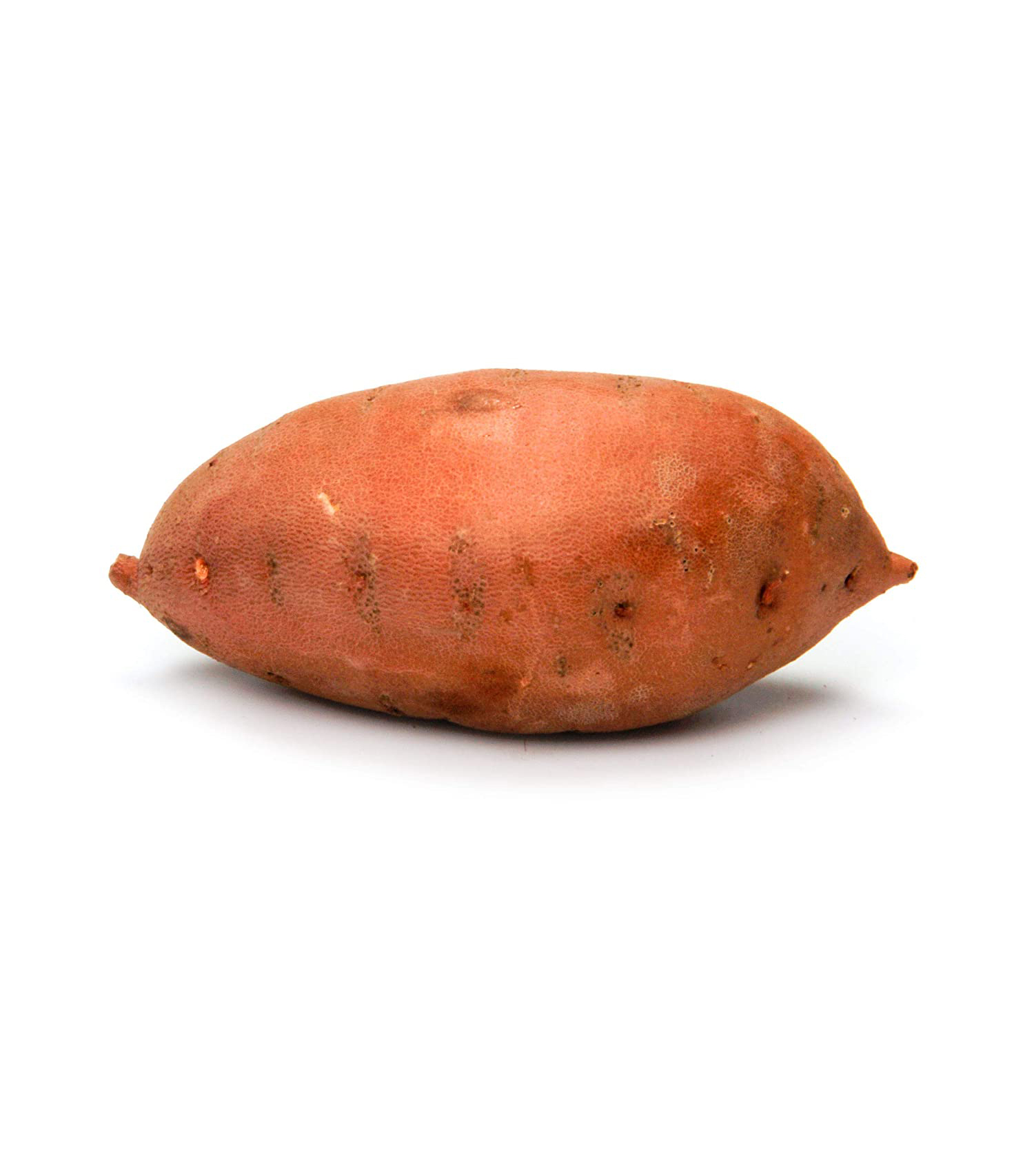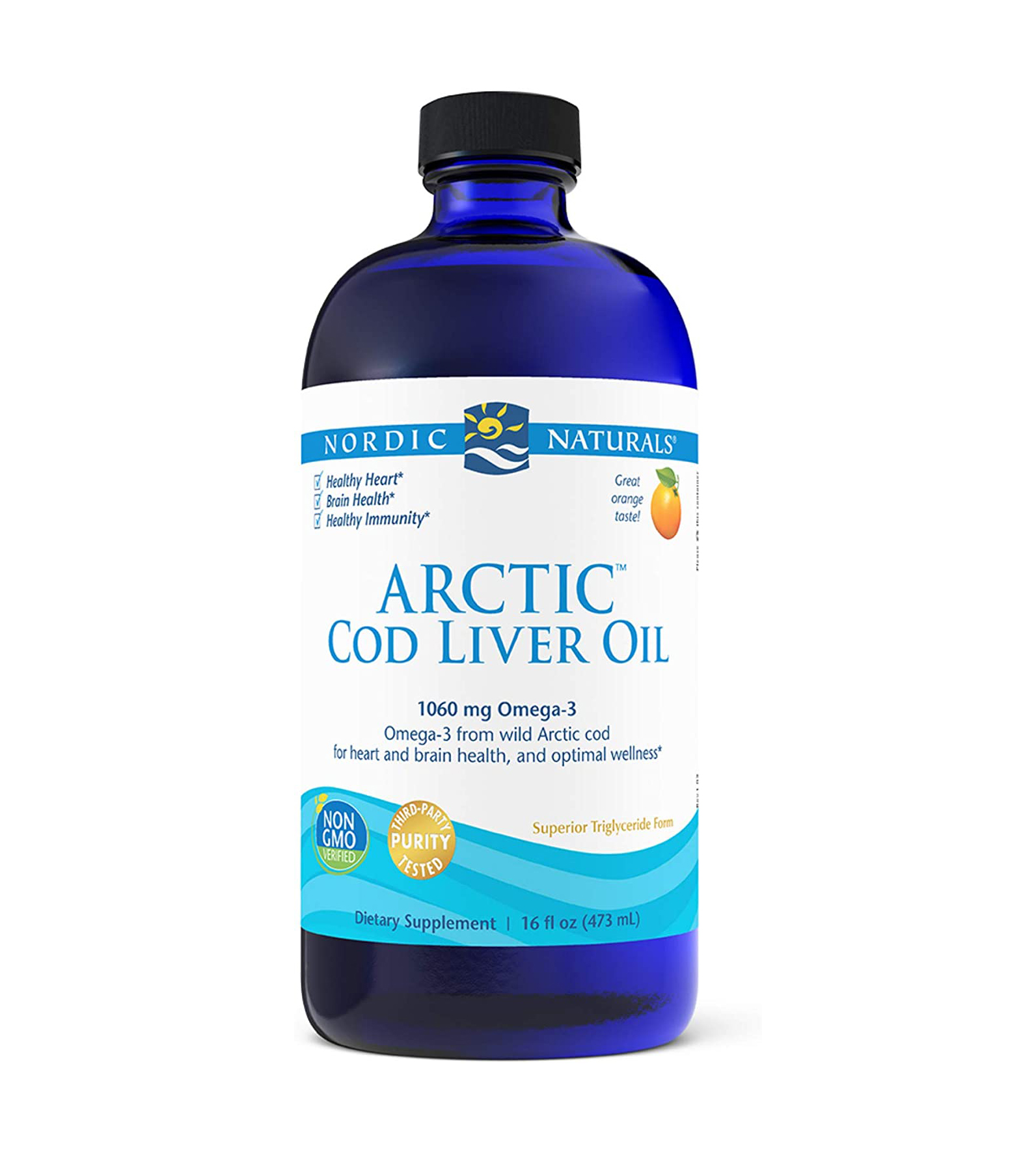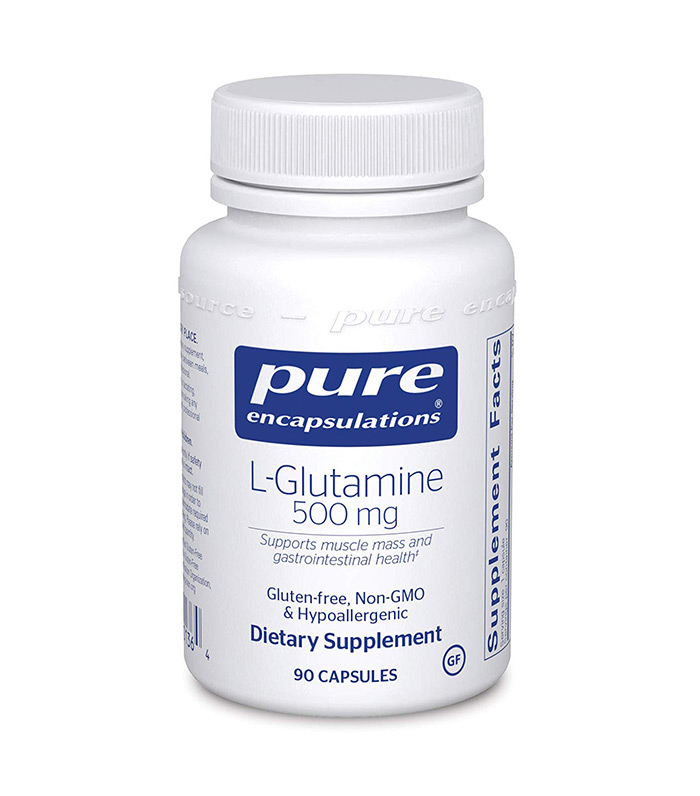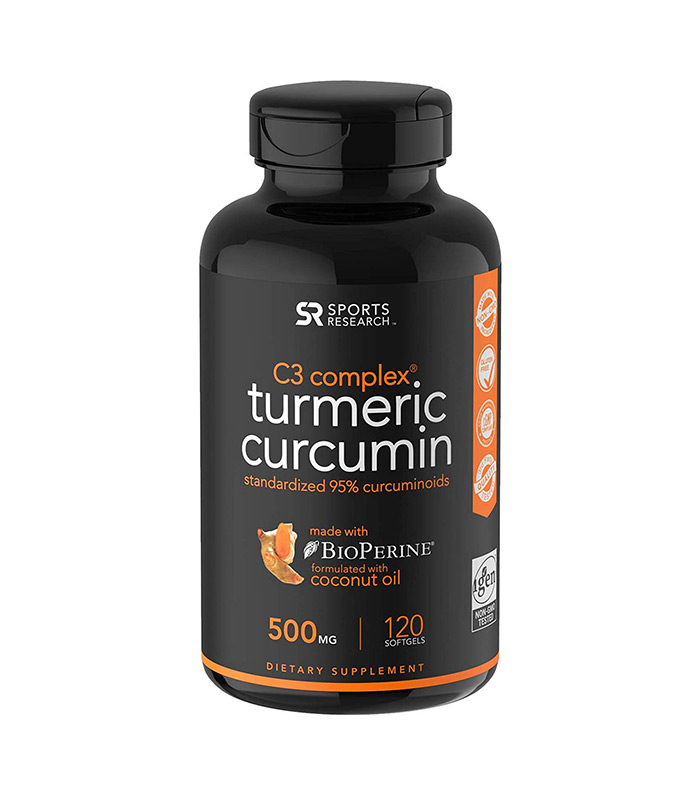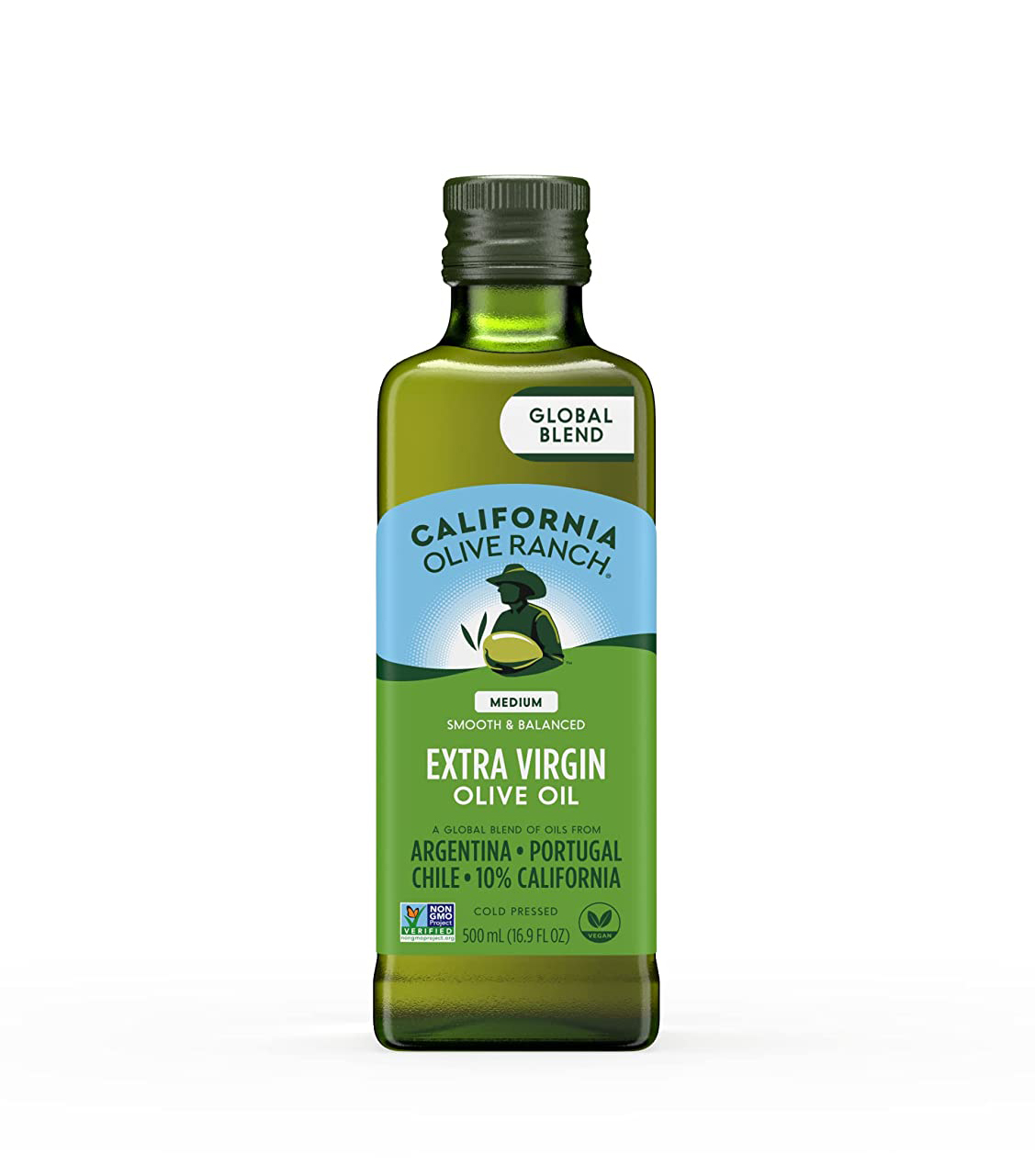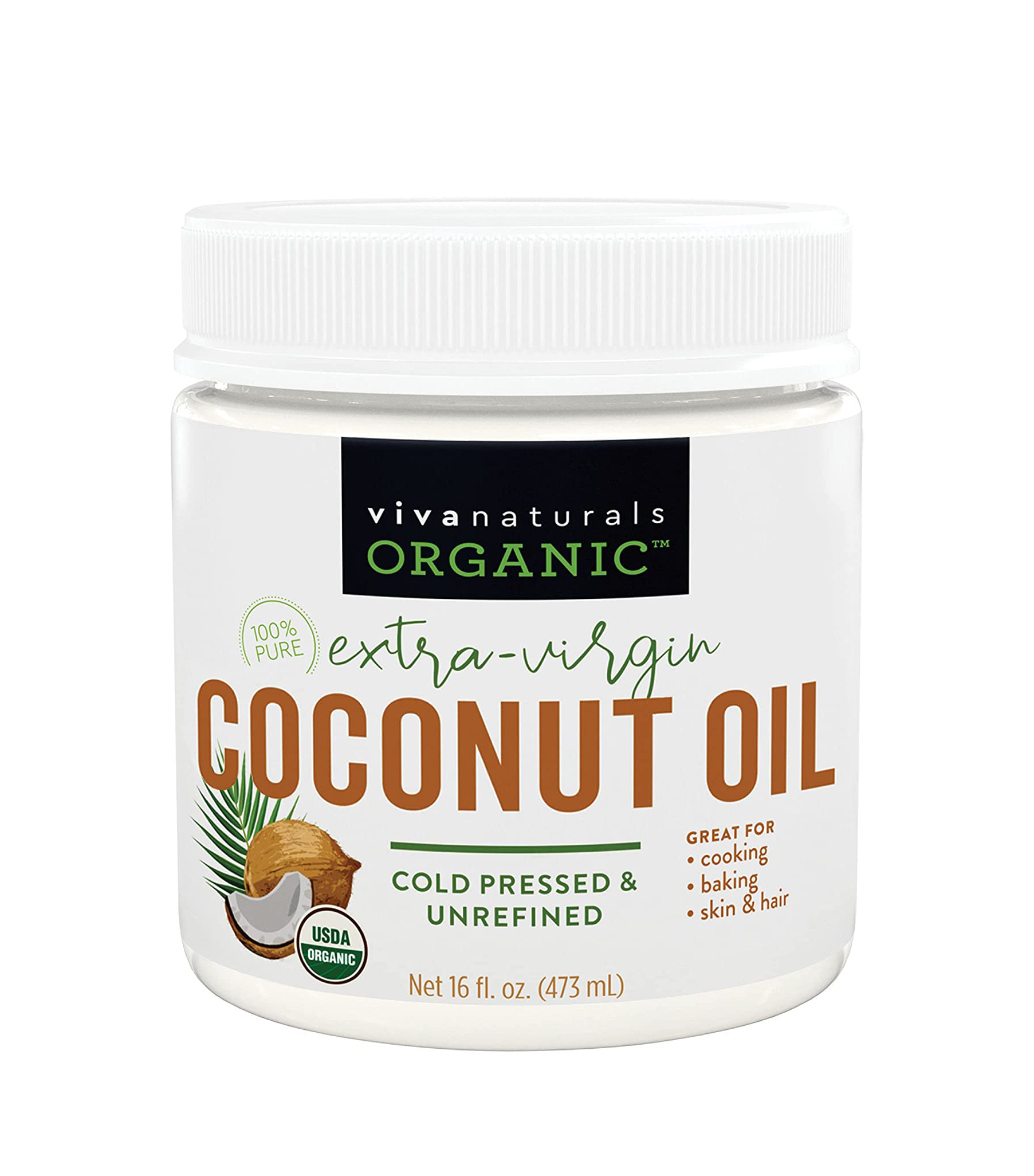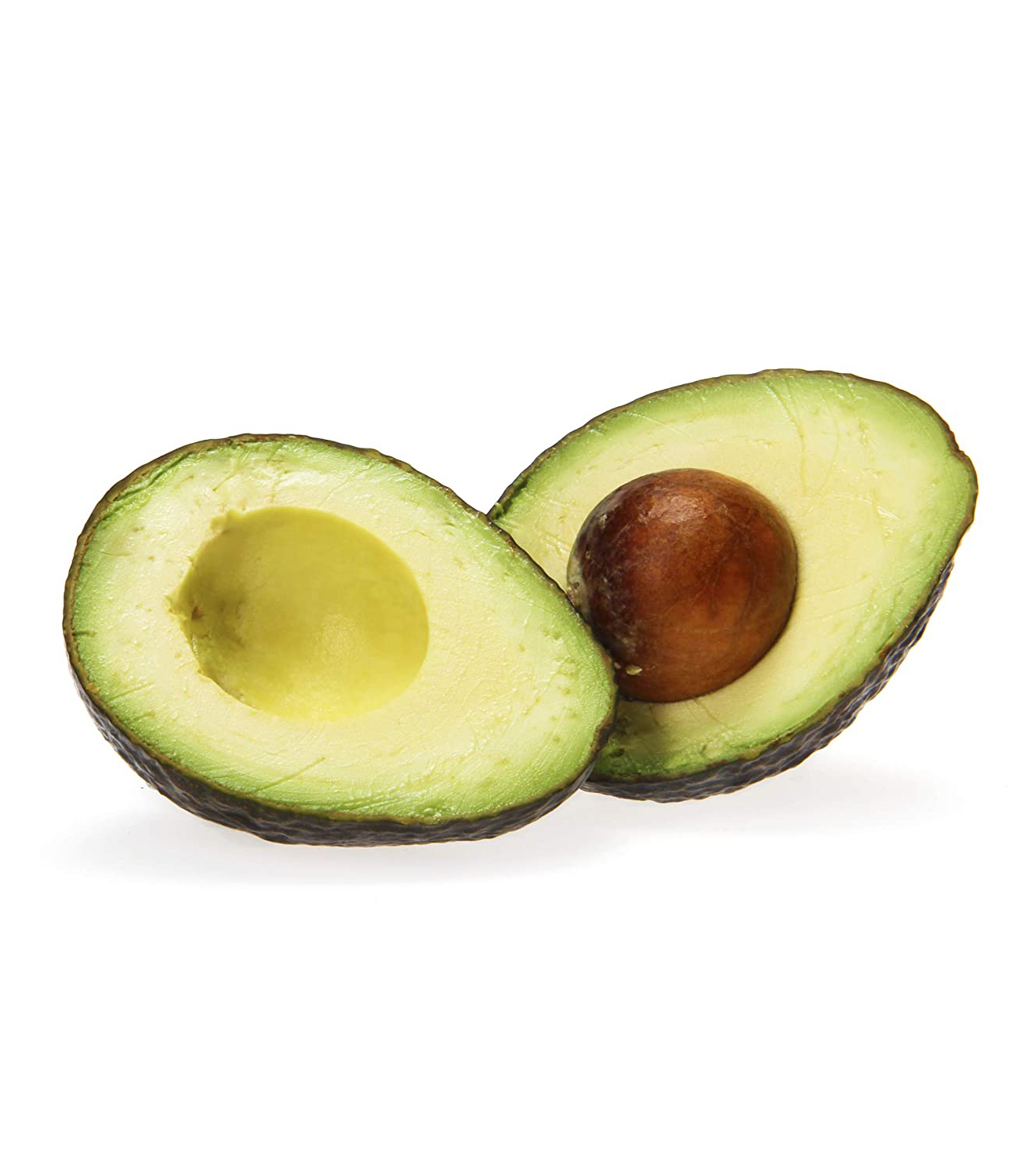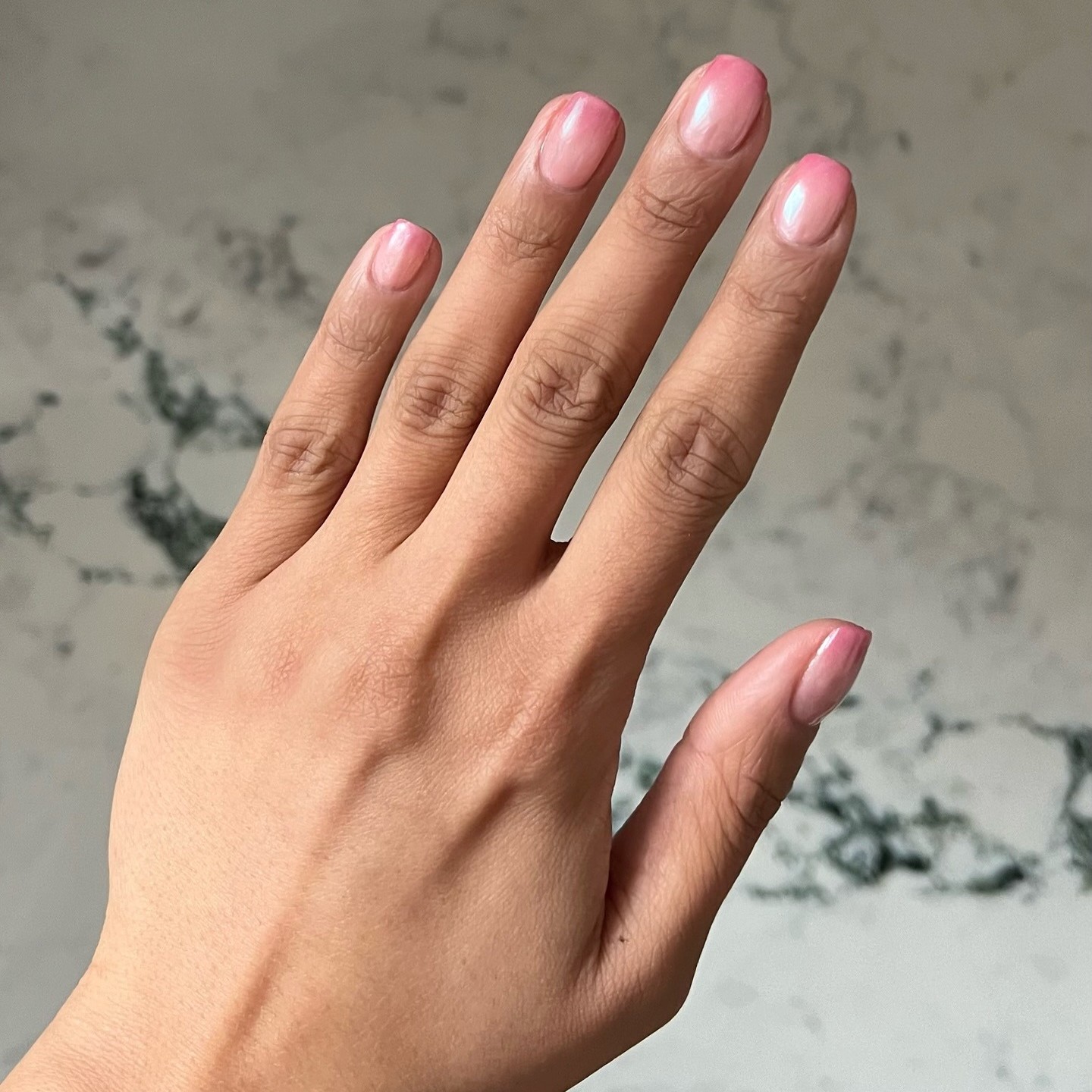Want to Keep Your Hormones in Check? Eat These 7 Foods

It's important to keep your hormones balanced, and it's not just for your reproductive and sexual health. Zandra Palma, MD, of Parsley Health recently told us that our hormones help control a lot of our body's functions, like mood, energy, sleep, metabolism, social behavior, immune system, inflammation, and pain in real time. If that's not all, the Endocrine Society states that when hormones get out of balance, that can lead to problems like diabetes, weight gain or loss, infertility, weak bones, and other problems. Now that's a long list of issues and a cause for concern that's for sure.
There are different ways to keep your hormones in check. But first things first, it would be helpful to talk to your doctor about your hormone levels if you're experiencing symptoms like difficulty losing weight, irregular periods and other menstruation problems, difficulty sleeping, acne, and infertility. A healthcare professional can run tests for you and discuss a plan to get them back on track.

Some ways you can balance your hormones are by taking supplements, meditating or practicing yoga to reduce stress, and trying to get more sleep. And of course, there's always eating the right foods to promote balance.
In general, Heather Bartos, MD, a board-certified OBGYN, recommends sticking to a healthy, balanced diet to help your hormone levels. What does that entail? The experts laid it out for us below:
1. It's Okay to Eat Carbs
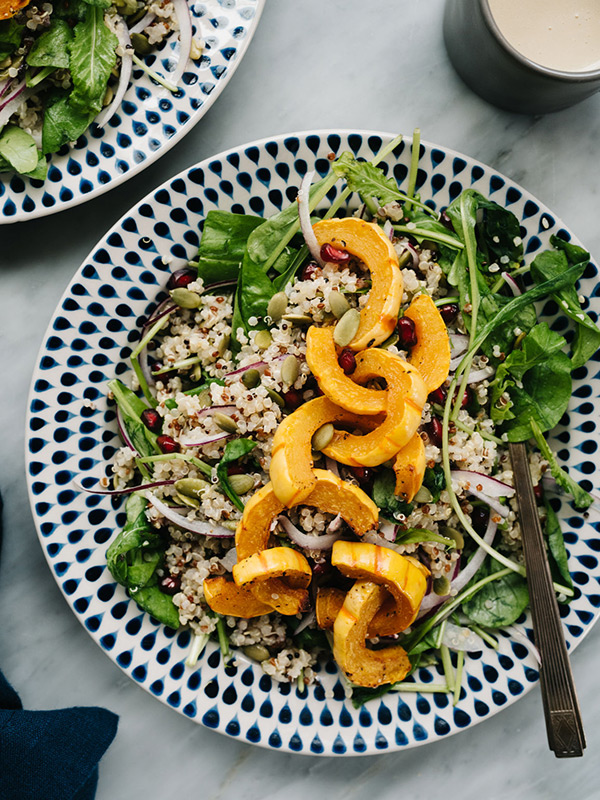
Specifically, you should eat the "good" carbs like unprocessed or minimally processed whole grains, vegetables, fruits, and beans. "Humans need carbohydrates to make sex steroid hormones, so if you're at a normal weight, you need that because that's going to keep your hormones balanced," Bartos says.
2. Eat Organic
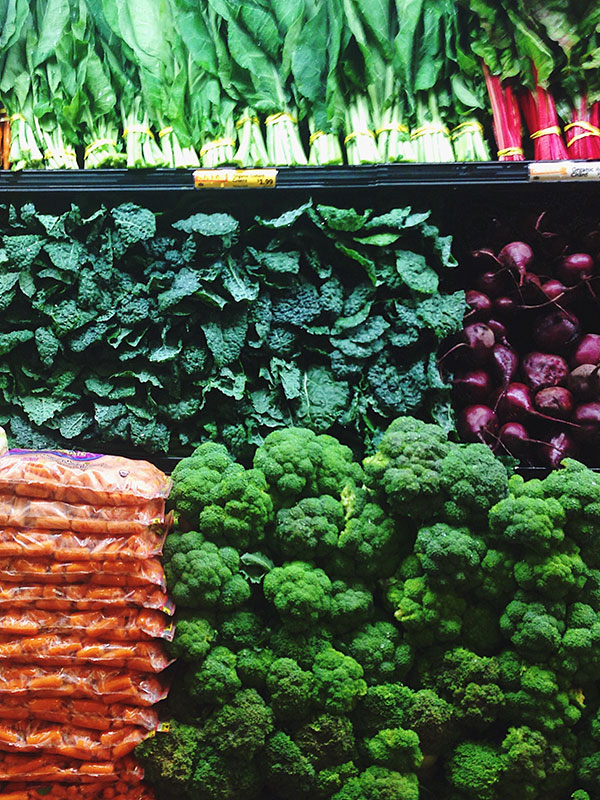
Bartos recommends eating organic meats and drinking milk that is organic and growth hormone-free. Studies have also shown that pesticides have been linked to hormone disruption for females.
3. Eat Leafy Greens and Root Vegetables
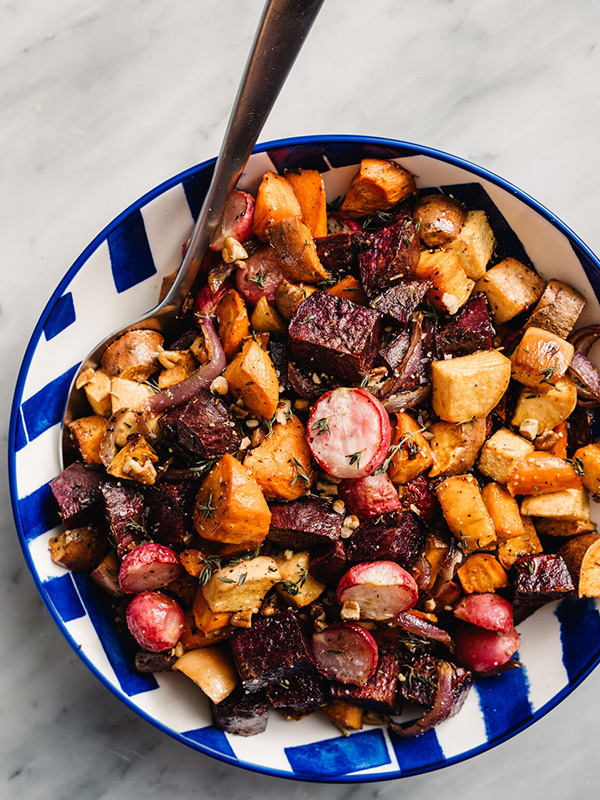
These check the complex carbs box. "Increase leafy green vegetables and root vegetables," Alisa Vitti, functional nutritionist, author, and founder of Flo Living. "Women often don't get enough complex carbohydrates, and as a result, because they're trying to diet all the time, it actually messes with their hormone levels."
4. But Don't Eat Too Much Kale
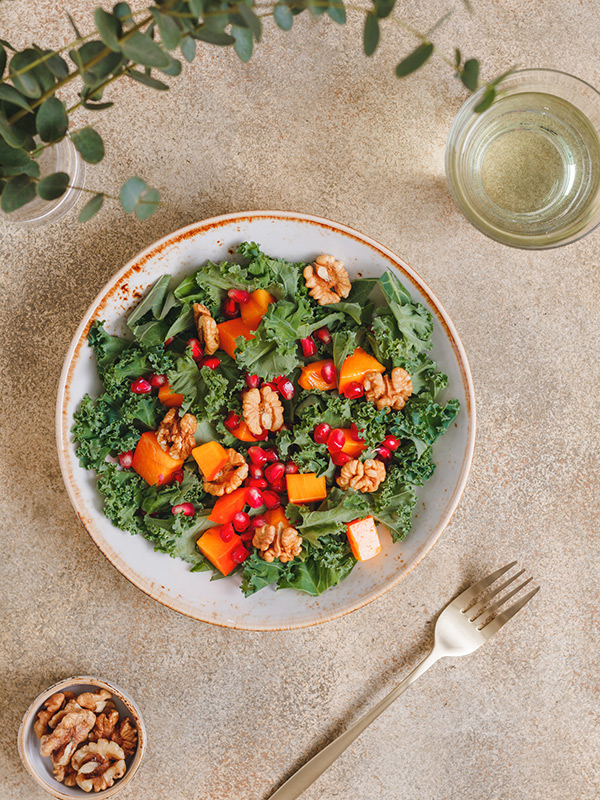
This might sound surprising, but Bartos recommends eating kale and other cruciferous vegetables in moderation. According to the Harvard T.H. Chan School of Public Health, kale and cruciferous vegetables contain goitrogens, which block iodine from entering the thyroid gland. The body needs iodine to make thyroid hormones to promote normal metabolism. If you eat enough iodine (found in foods like fish and dairy), then you probably won't be affected by the goitrogens; but if you have an iodine deficiency, or hypothyroidism, then you'll be at risk of goiter (an enlarged thyroid).
Harvard's School of Public Health recommends cooking cruciferous vegetables, which deactivates the enzyme that can cause the goitrogenic effect, and also consuming a wider variety of vegetables.
Don't skip out on your kale salads, but that doesn't mean you have to have 17 cups of kale a day, Bartos says. You can discuss with your doctor about any concerns with your cruciferous vegetable intake.
5. Get Your Probiotics and Prebiotics
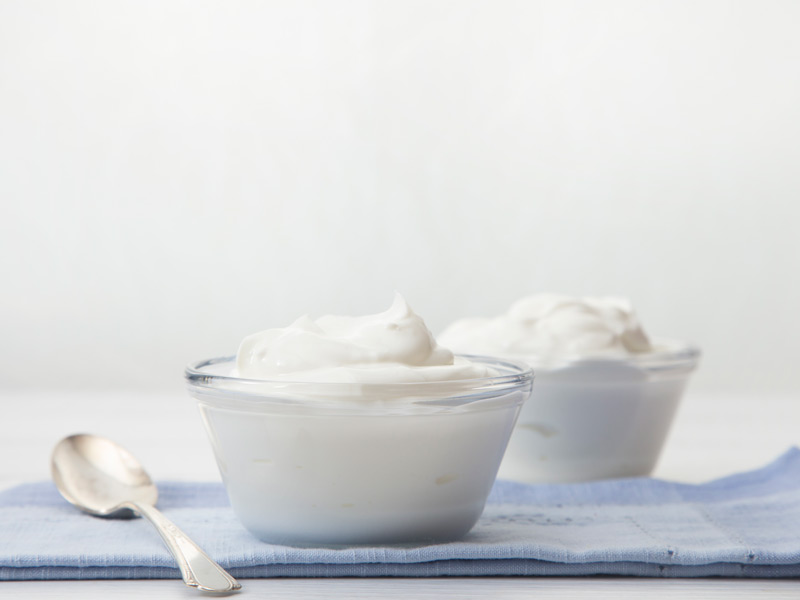
Making sure your gut is healthy is crucial, Palma says, because unbalanced hormones can affect your gut barrier and microbiome (and vice-versa). If left unchecked, it could cause inflammation problems. Eating foods with probiotics (like fermented food, yogurt, sauerkraut) and prebiotics (like bananas, asparagus, shiitake mushrooms) foods can help maintain a healthy gut.
That might also include taking supplements for gut health. Palma says supplements like cod liver oil (which have vitamins A and D in their fat-soluble form), glutamine, aloe, and curcumin can help the gut barrier.
6. Consume Healthy Fats
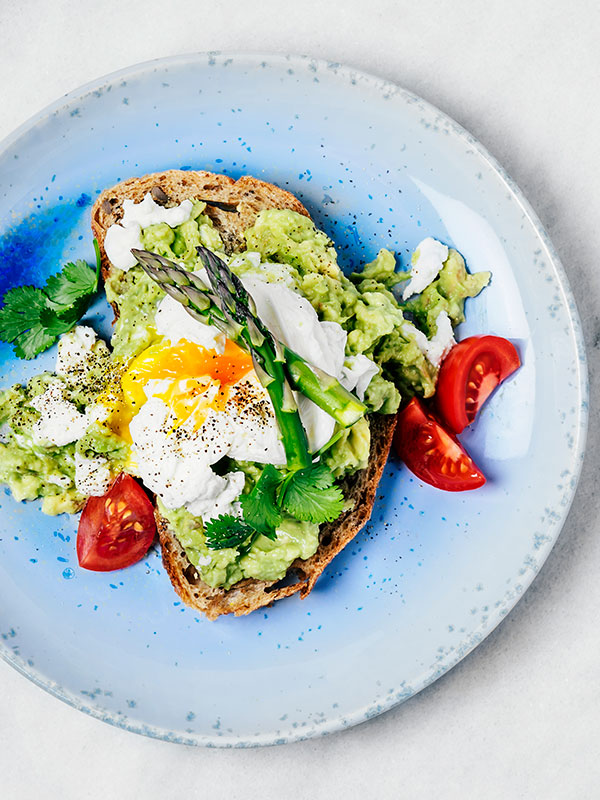
According to the AARP, healthy fats like coconut oil, olive oil, sweet potatoes, and avocados help keep estrogen levels balanced.
7. Limit Your Intake of These Foods

Again, moderation is important. Vitti encourages people to watch their consumption of sugar, gluten, dairy, caffeine, and alcohol. "You don't have to eliminate them, you just need to limit them," she says.
Next up: How to Balance Hormones Naturally, According to Experts
This article was originally published at an earlier date and has been updated.
Disclaimer
This article is provided for informational purposes only and is not intended to be used in the place of advice of your physician or other medical professionals. You should always consult with your doctor or healthcare provider first with any health-related questions.
Sarah is lifestyle writer and editor with over 10 years of experience covering health and wellness, interior design, food, beauty, and tech. Born and raised in Los Angeles, she attended New York University and lived in New York for 12 years before returning to L.A. in 2019. In addition to her work at Who What Wear, she held editor roles at Apartment Therapy, Real Simple, House Beautiful, Elle Decor, and The Bump (sister site of The Knot). She has a passion for health and wellness, but she especially loves writing about mental health. Her self-care routine consists of five things: a good workout, “me” time on the regular, an intriguing book/podcast/playlist to unwind after a long day, naps, and decorating her home.
-
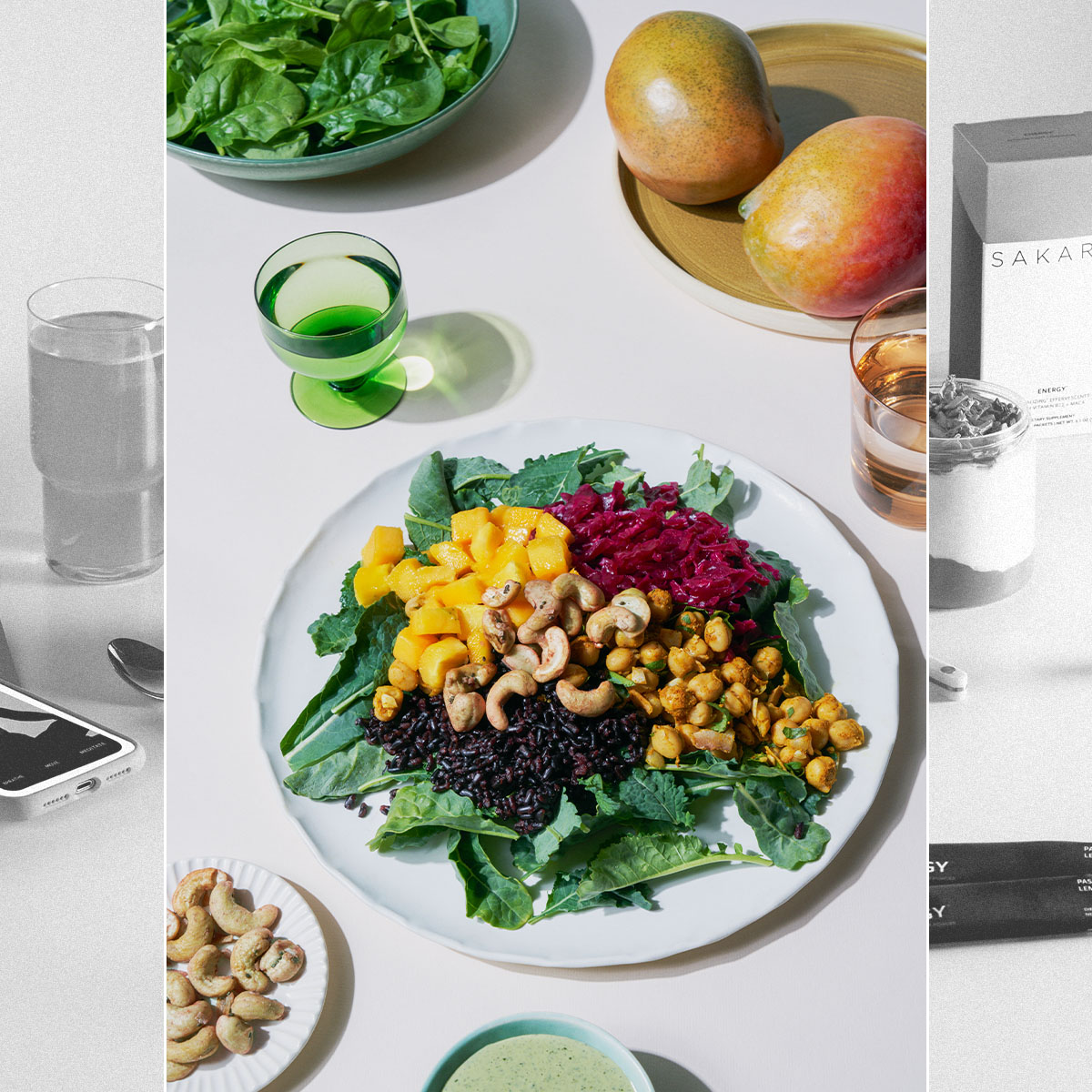 Bella Hadid and Gwyneth Paltrow Apparently Love Sakara Life, so We Tried It for 30 Days
Bella Hadid and Gwyneth Paltrow Apparently Love Sakara Life, so We Tried It for 30 DaysHere are our honest thoughts.
By Erin Jahns
-
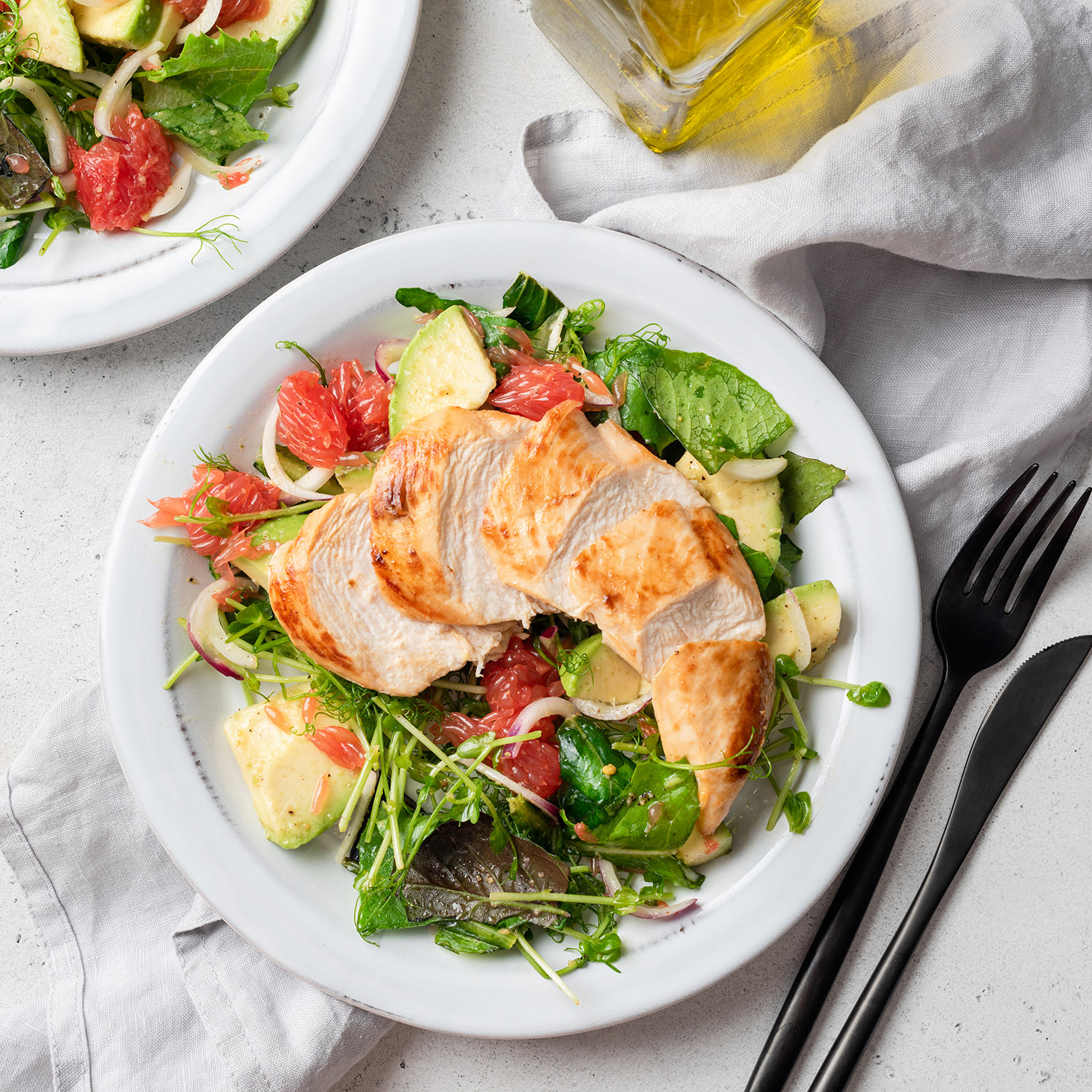 The 6 Warning Signs You're Not Getting Enough Protein
The 6 Warning Signs You're Not Getting Enough ProteinAnd what to eat to up your intake.
By Sarah Yang
-
 Everything This Professional Ballet Dancer Eats to Fuel Her for Performances
Everything This Professional Ballet Dancer Eats to Fuel Her for PerformancesHer grocery staples include high-quality French butter.
By Candice Aman
-
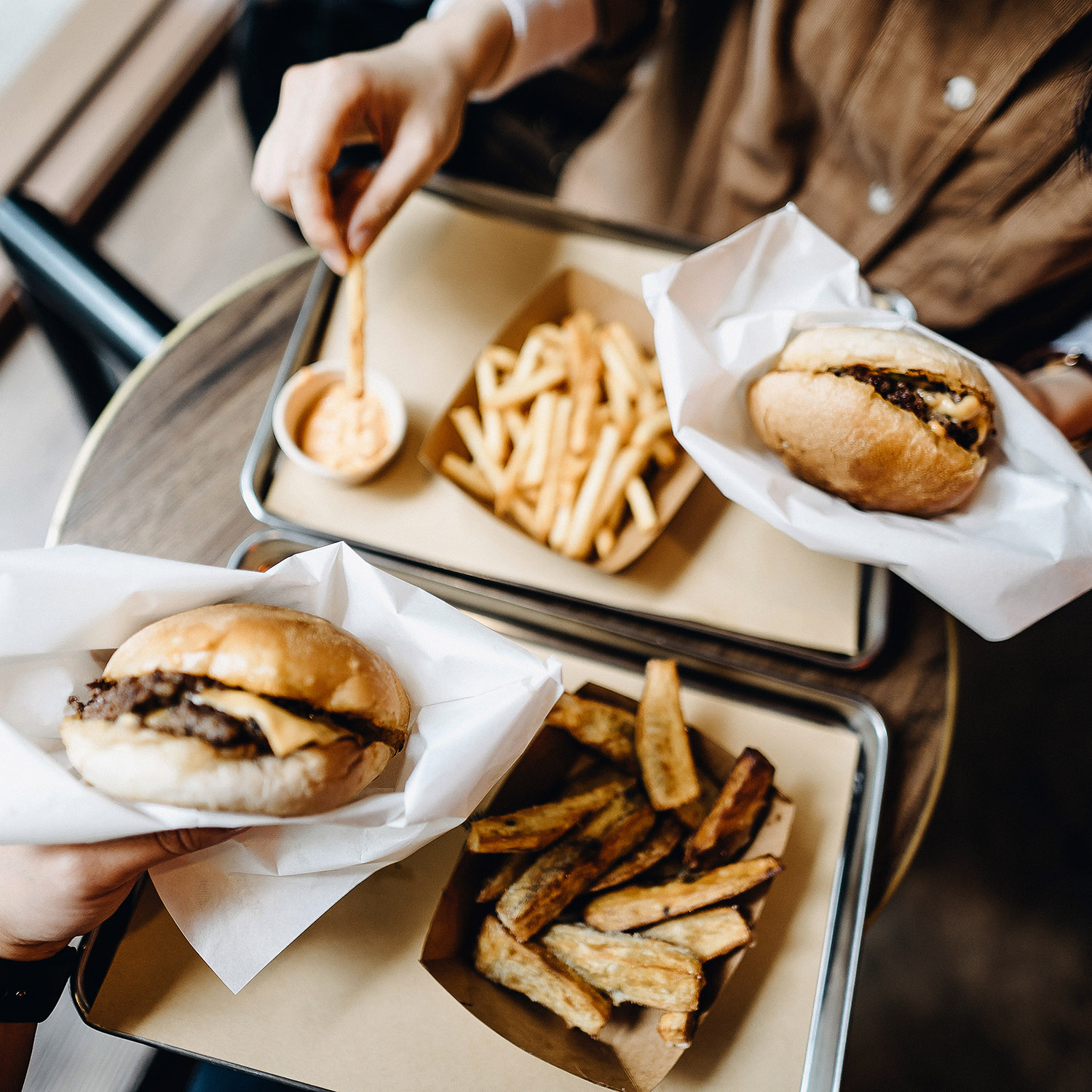 These 8 Foods Are the Worst for Rosacea—Here's What to Eat Instead
These 8 Foods Are the Worst for Rosacea—Here's What to Eat InsteadControl those flare-ups.
By Sarah Yang
-
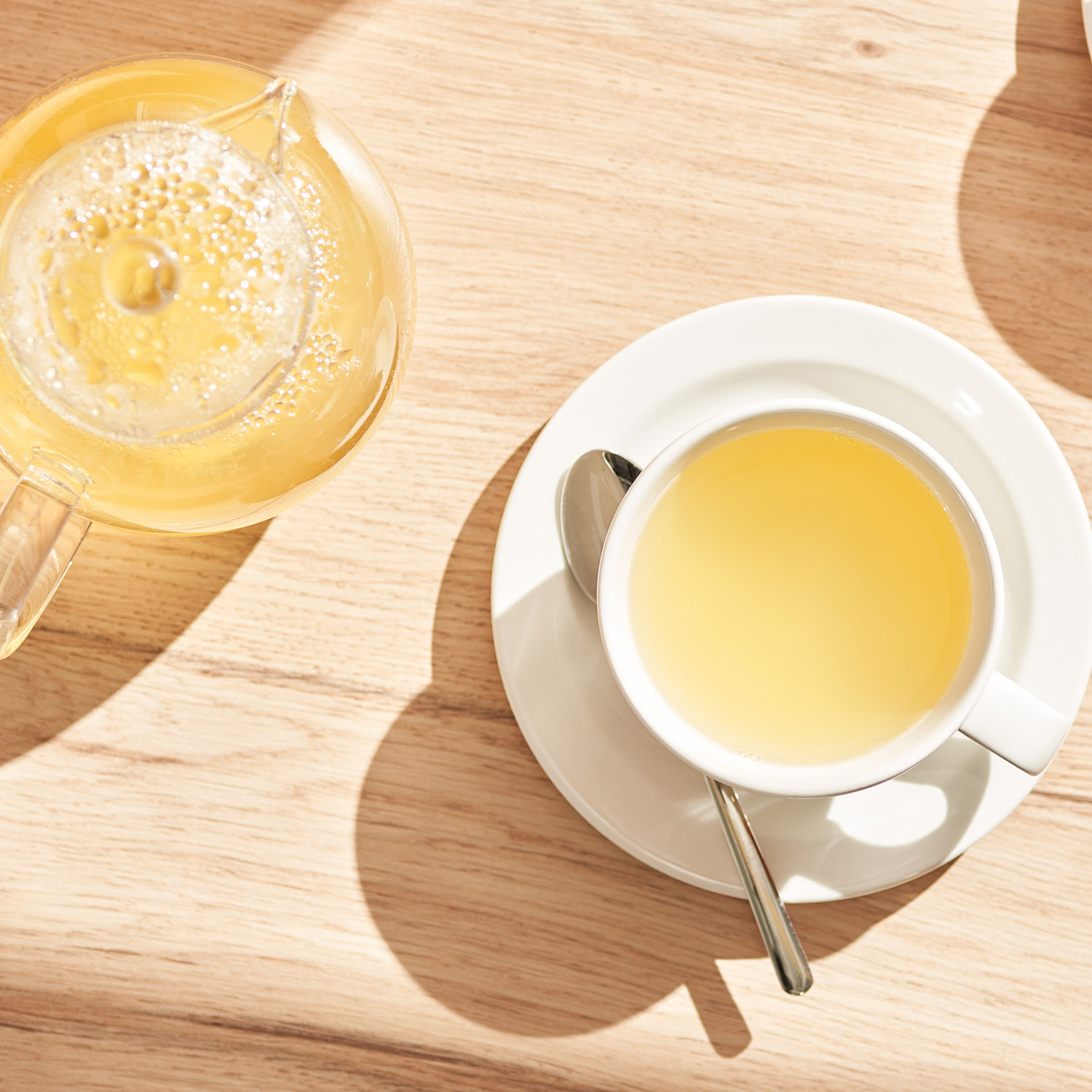 15 Things That Cause Bloating and How to Get Rid of It ASAP
15 Things That Cause Bloating and How to Get Rid of It ASAPTry these.
By Sarah Yang
-
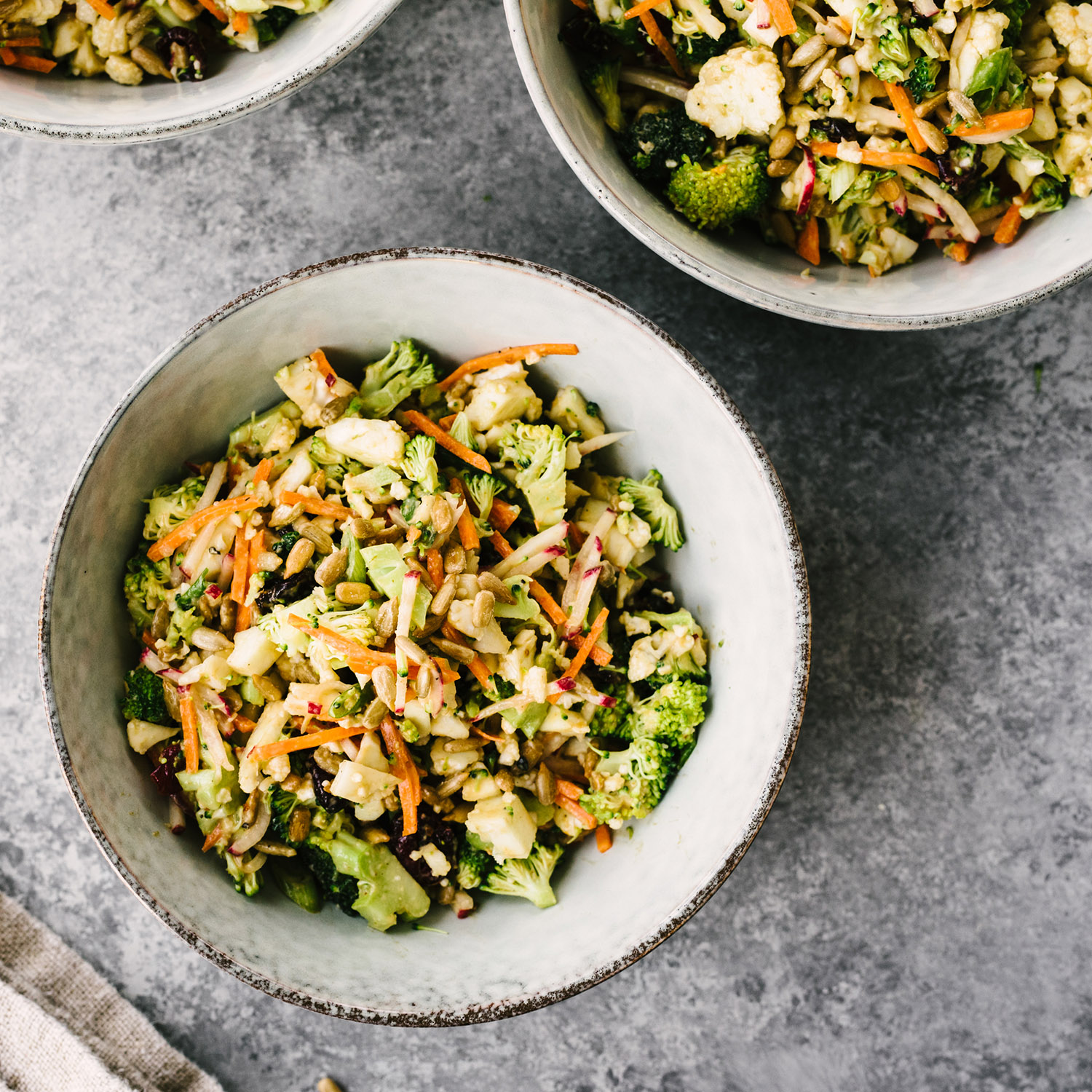 Is the Alkaline Diet Overhyped? What Experts Want You to Know
Is the Alkaline Diet Overhyped? What Experts Want You to KnowHere's how it works.
By Sarah Yang
-
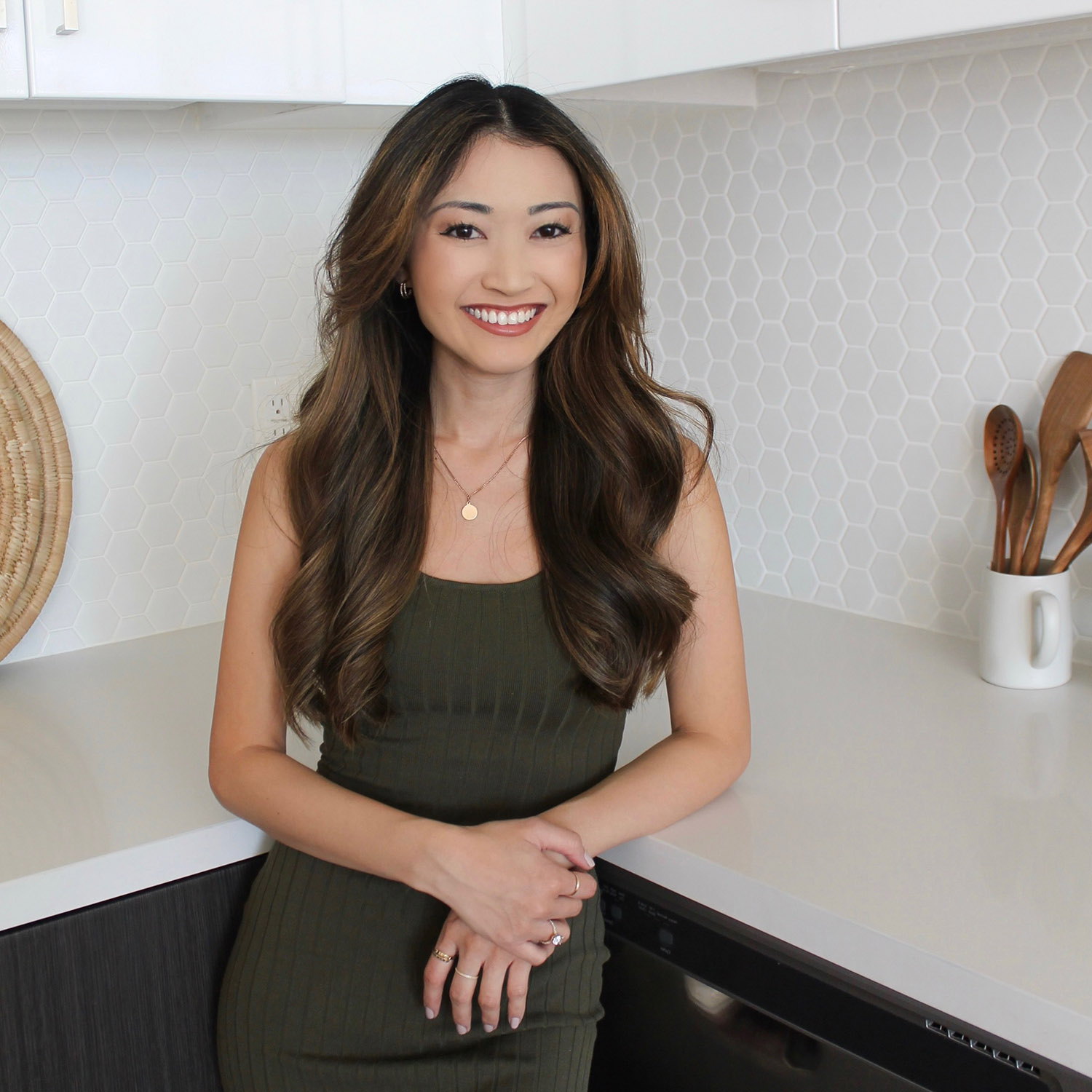 I'm an Imperfect Dietitian and My Key to Eating Healthy Meals Is Convenience
I'm an Imperfect Dietitian and My Key to Eating Healthy Meals Is ConvenienceTake a peek at my weekly grocery staples.
By Candice Aman
-
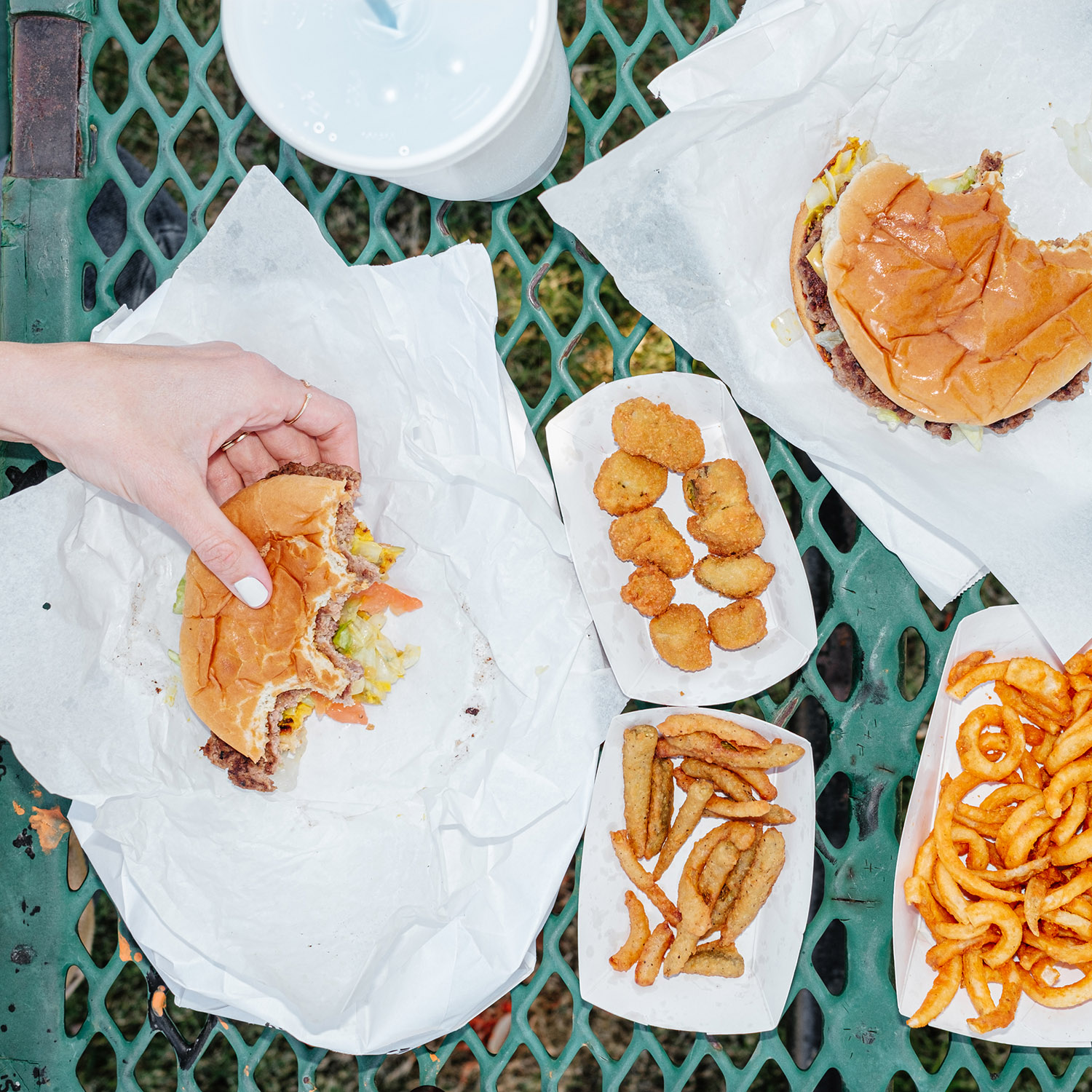 Avoid These 6 Foods—They'll Wreck Your Gut Health
Avoid These 6 Foods—They'll Wreck Your Gut HealthWhat to eat instead.
By Sarah Yang
